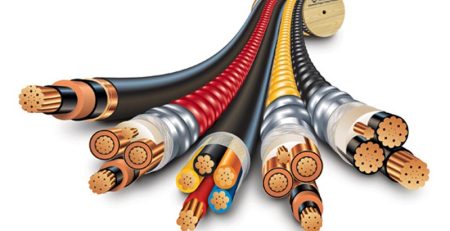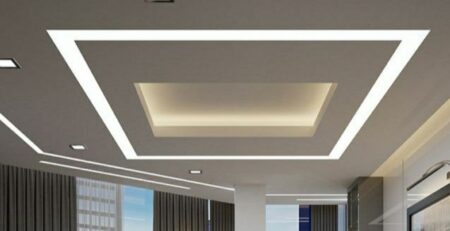Designing a Luxurious Interior: Where to Put the TV?
Whether we like it or not, televisions are here to stay. For some of us, they are in our lives from the moment we wake up to the last thing we hear or see at night. All through the day, it seems there is hardly a place where there isn’t a screen flickering with some urgent image.
As interior designers, we try to find ways to make televisions accessible, when and where our clients want them, and also to make them discrete or disappear when they don’t.
Fortunately, we have now finally reached the stage of the media evolution that seemed like dreamy science fiction when we were younger – namely, flat panels that hang on the wall. When it was only a decade or so ago that interior designers were building large armoires to hold large-screen TV’s that were practically as deep as they were wide – and they weighed a ton.
On occasion, we still use these large pieces of furniture as a focal point and to have something beautiful in which to conceal a large screen TV. In some of those cases, we have a false back built so that the TV has a surface from which to hang. This also allows a space for cables and wires to occur without being seen.
Often, we hang a TV on an adequately supported wall surface. Prior to installing the TV, the wall must be prepared with plywood or other structural support provided behind the finished surface, and the power supply and cable and other signal wires need to be in their proper place too. So coordination time with the contractor is required. But it can be a relatively simple and effective solution.
That method – just the image floating on the wall – works particularly well with contemporary interiors. However, like the interior design approach to the placement of artwork, we usually like to ground the image on the wall with an object below. When we are dealing with a television, the furniture below provides a place for the often required machinery. DVD’s and cable boxes are still a part of most of our worlds.
Some of our interior design clients now have whole-house electronic control systems which provide various channels in different rooms, whole house audio in public spaces (indoors and out) and a host of other functions. This generally means that there is a centralized room which contains the racks of equipment and which is appropriately air conditioned to help remove all the heat generated. These systems are remarkable and can be designed so they are easy to use. You can be in the room with a remote control, point it at the TV, and a menu is displayed giving you options for what is available to view and movies you can call up or download.
In some cases, when we have a more traditional interior, we like to make the TV less prominent, so we have a recess built into the wall or above a fireplace mantel. Of course, the same requirements apply of providing adequate support and the wiring connections. In this case, however, the 6″ – 8″ recess allows the TV and its supporting bracket to create a condition where the surface of the screen is essentially on the same plane as the wall. We can then leave it in a simple rectangular opening or install a beautifully finished picture frame to hug the TV. This can sometimes actually cover up most of the integral TV frame. But you have to be careful when doing this as sometimes the speakers and the infrared signal receiver for the screen is built into its frame. Accommodation to the picture frame must be made to allow those to still work.
TV’s are also getting smaller. They are able to be hung below cabinets tucked in the corner of a kitchen so that the news and shows can join the activity of kitchens and families. We put them behind special mirrors so the news is available while you are in your bathroom getting ready for the day. They are also, of course, now portable, and with your iPad you can stay current on your shows, the news and whatever else is on the air almost anytime, anywhere.
BY by GAHZLY
#Designing #Luxurious #Interior #Put











Leave a Reply
You must be logged in to post a comment.